Although the two sides agreed not long ago to seek a common solution to the steel trade problem, the EU seems not to have fully kept its promise. On July 29, the European Commission made a final ruling on anti-dumping investigation of threaded steel products originating in China, and decided to implement anti-dumping measures with tariffs ranging from 18.4% to 22.5%. Originally expected to return to calm iron and steel trade disputes, smoke resurgence.
The head of the Trade Relief Investigation Bureau of the Ministry of Commerce of China made a statement, pointing out that in this case, the European Commission adopted the method of raising the target profit margin of EU industry. In essence, it set artificial obstacles, excluded Chinese products and provided unreasonable protection for EU industry.
The person in charge bluntly said that the production and operation of the global iron and steel industry is generally facing difficulties. Thread steel as a low-end steel products, it is difficult to have a higher industry profit margin. There is no reasonable basis for the European Commission to substantially increase the target profit margin of the industry in accordance with the requirements of the EU industry. The purpose is to raise the level of anti-dumping tax rate for Chinese enterprises.
According to public data, since 2014, there have been 15 EU trade relief surveys on Chinese products, of which 8 are steel products, accounting for more than half.
In fact, the products involved in this anti-dumping investigation, China Thread Steel, are mainly to meet the market demand of Britain and Ireland. They have not caused any impact on the EU industry, and are conducive to promoting infrastructure construction in the period of economic recovery.
The G20 Trade Ministers'Meeting, which recently closed in Shanghai, reiterated its previous commitment to maintain the status quo and withdraw existing protectionist measures, and extended the commitment until the end of 2018.
It can only be said that the EU's decision makes the Chinese government and enterprises regret that the EU should abide by the commitments made at international conferences and avoid sending wrong signals to the outside world.
It should be noted that the weak global economic recovery and the consequent sluggish demand are the root causes of the difficulties faced by the steel industry in all countries. The implementation of trade protection measures will not help to solve the problem, but will further impact on the normal trade order, and will also be detrimental to the economic development of the EU and its member countries.
As early as April this year, Zhang Ji, Assistant Minister of Commerce of China, once explained in Belgium the essence of the current global iron and steel trade problem with image metaphor. He said that steel is the "food" of industry and the "food" of economic development. After the outbreak of the international financial crisis, the main problem now is that the one who eats the "food" is "sick" and "has a bad appetite", which appears to be "food" surplus. All parties should make a thorough study of the situation, objectively analyze the causes and consequences, increase confidence and dispel doubts, and recognize that shrinking global demand and economic downturn are the fundamental causes of overcapacity in iron and steel and other industries.
This statement can be said to be the position of the Chinese government in its efforts to solve the problem of global iron and steel overcapacity. Trade protectionism has never really been able to turn a war into a war of war. The EU and the world's relevant economies can only make sustained and comprehensive measures from the supply side and the demand side.
